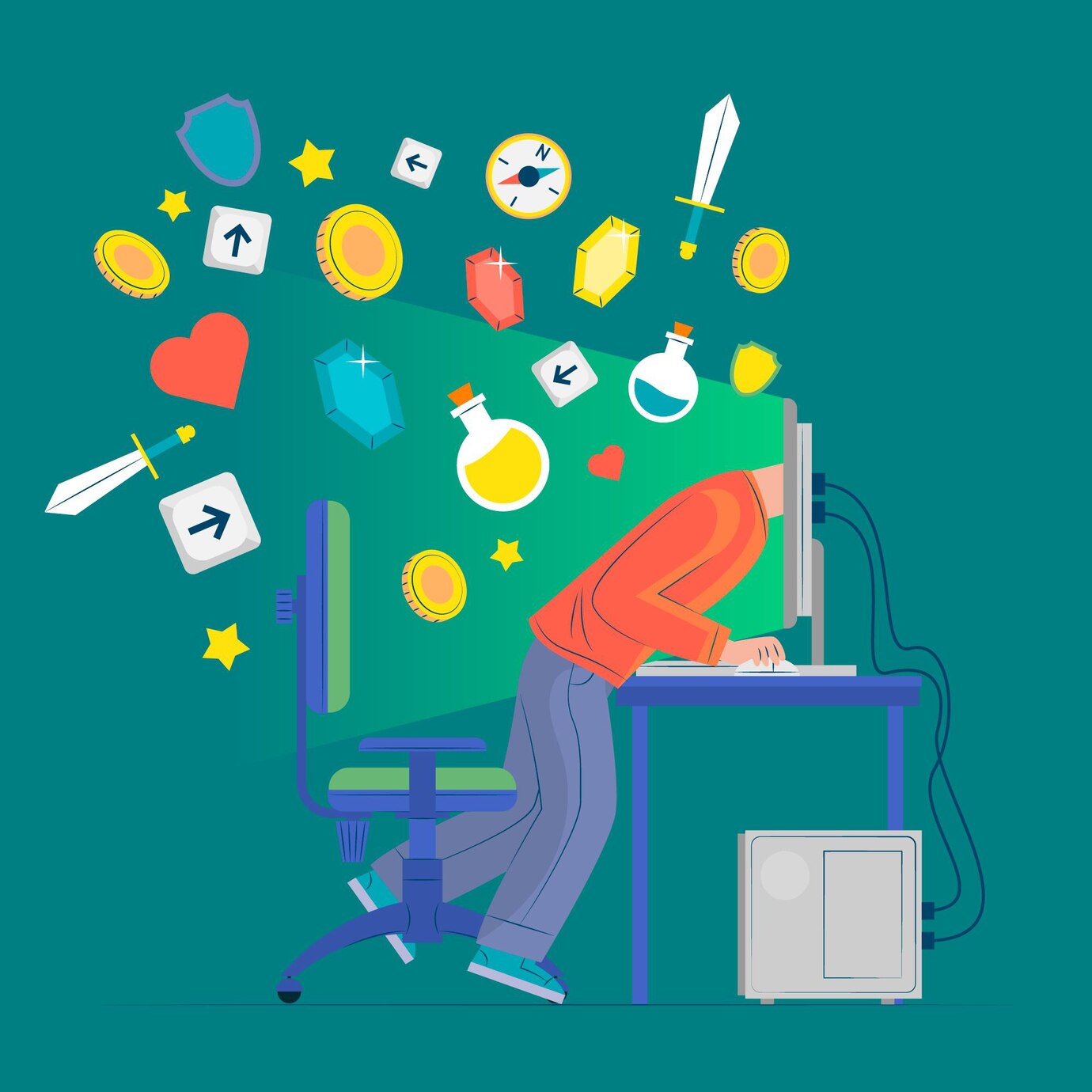In today’s interconnected world, digital technology has revolutionized how we communicate, work, and access information. While the digital age offers numerous benefits, it also presents unique challenges to mental health. In this blog, we explore the impact of digital technology on mental well-being and provide strategies for navigating the digital landscape while prioritizing mental health.
The Impact of Digital Technology on Mental Health:
1: Increased Screen Time: The proliferation of smartphones, computers, and other digital devices has led to excessive screen time, which can contribute to eye strain, sleep disturbances, and increased stress levels.
2: Social Media Comparisons: Social media platforms often promote unrealistic standards of beauty, success, and happiness, leading to feelings of inadequacy, low self-esteem, and social isolation.
3: Cyberbullying: The anonymity of the internet can embolden individuals to engage in cyberbullying, which can have devastating effects on the mental health of victims, leading to anxiety, depression, and even suicide.
4: Fear of Missing Out (FOMO): Constant access to social media updates and notifications can exacerbate feelings of FOMO, leading individuals to compare their lives to others and experience heightened levels of stress and anxiety.
5: Digital Addiction: Excessive use of digital devices, social media, and online gaming can lead to addiction-like behaviors, with individuals experiencing withdrawal symptoms when disconnected from their devices.
Strategies for Promoting Mental Well-Being in the Digital Age:
1: Set Boundaries: Establish clear boundaries around screen time and digital use, including designated “unplugged” periods during the day and limits on social media consumption.
2: Practice Mindfulness: Incorporate mindfulness practices into your daily routine, such as meditation, deep breathing exercises, or mindful walking, to help reduce stress and promote mental clarity.
3: Cultivate Real-Life Connections: Prioritize face-to-face interactions and meaningful connections with friends and family members to foster a sense of belonging and social support outside of the digital realm.
4: Monitor Social Media Use: Be mindful of your social media consumption and its impact on your mental health. Consider unfollowing accounts that trigger negative feelings and limiting time spent on social media platforms.
5: Seek Professional Help: If you are struggling with mental health issues exacerbated by digital technology, don’t hesitate to seek support from a qualified mental health professional. Therapy, counseling, and support groups can provide valuable tools and strategies for managing digital-related stressors.
6: Practice Digital Detox: Take regular breaks from digital devices and engage in offline activities that promote relaxation and well-being, such as reading, spending time in nature, or pursuing hobbies and interests.
7: Promote Digital Literacy: Educate yourself and others about the potential risks of digital technology on mental health, including cyberbullying, online harassment, and digital addiction. Encourage responsible digital use and digital literacy among children, teens, and adults alike.
Conclusion: In the digital age, it’s essential to prioritize mental health and well-being amidst the constant barrage of digital distractions and pressures. By implementing strategies to manage screen time, foster real-life connections, and promote digital literacy, individuals can navigate the digital landscape with greater resilience and mindfulness. Remember, technology should enhance our lives, not detract from our mental health. By taking proactive steps to promote mental well-being, we can harness the power of digital technology while safeguarding our mental health for generations to come.


